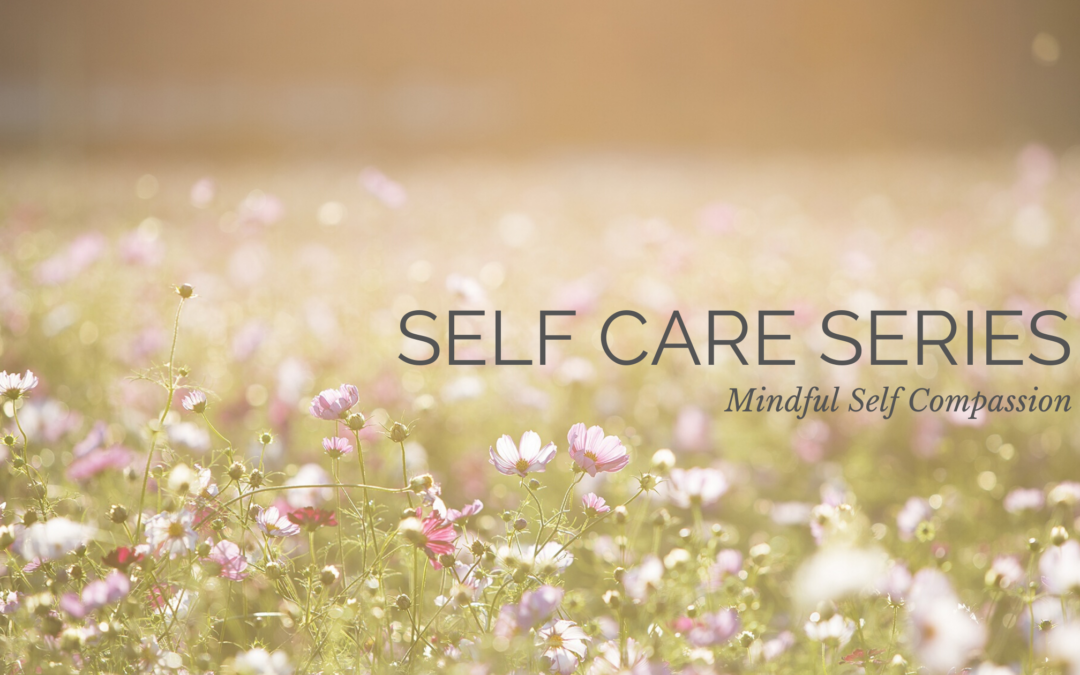We are offering a weekly blog series with a collection of diverse and effective coping techniques and exercises that can help reduce stress, improve mental and emotional well-being, and perhaps make you even more effective in achieving your individual goals. Check back every Wednesday for the newest skill of the week. Try them all out and find what works best for you.

When we think about ways to counter the effects of stress or painful experiences, self-care is often one of the ‘go-to’ recommendations. Until a few years ago, what came to mind first when I heard the phrase self-care were things like going for a walk, taking a bath, or reaching out to a friend. That changed after a dear mentor reminded me that how we talk to ourselves can be one of the most powerful self-care strategies a person can implement. Hearing that simple observation felt like a lightning bolt of insight! I had never thought of it that way, but in hindsight, of course…being mean to ourselves through words and thoughts is the opposite of self-care!
Even in the best of circumstances, many of us struggle with an ‘inner-critic’ voice. Self-talk that questions and judges our reactions, emotions, and self-worth can amplify an already stressful or difficult situation, and it definitely doesn’t make a person feel better or more able to face what is in front of them.
Simply put, self-compassion is relating to yourself in a kinder way. A way that you would speak to a friend or a loved one. Dr. Kristen Neff provides a variety of guided meditations and exercises for all to access: https://self-compassion.org/category/exercises/#guided-meditations
Here’s my favorite one from Dr. Neff that only takes a few minutes and can be used in any kind of situation:
“Think of a situation in your life that is difficult, that is causing you stress. Call the situation to mind, and see if you can actually feel the stress and emotional discomfort in your body.
Now, say to yourself:
- This is a moment of suffering
That’s mindfulness. Other options include:
- This hurts
- Ouch
- This is stress
- Suffering is a part of life
That’s common humanity. Other options include:
- Other people feel this way
- I’m not alone
- We all struggle in our lives
Now, put your hands over your heart, feel the warmth of your hands and the gentle touch of your hands on your chest. Or adopt the soothing touch you discovered felt right for you.
Say to yourself:
- May I be kind to myself

- May I give myself the compassion that I need
- May I learn to accept myself as I am
- May I forgive myself
- May I be strong
- May I be patient
This practice can be used any time of day or night, and will help you remember to evoke the three aspects of self-compassion when you need it most.”
*To learn more about mindful self-compassion and for an audio version of the above mindful self-compassion prompt, visit Dr. Neff’s extensive website: https://self-compassion.org/




